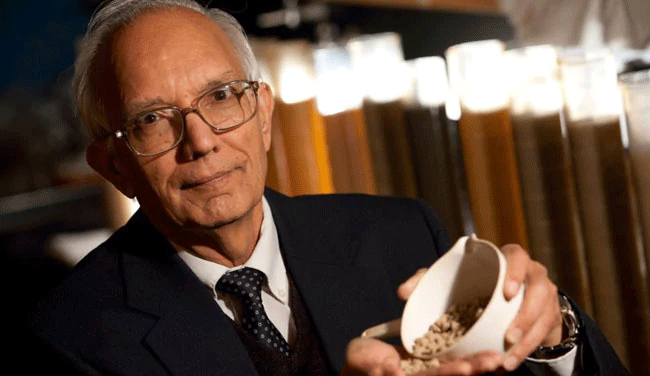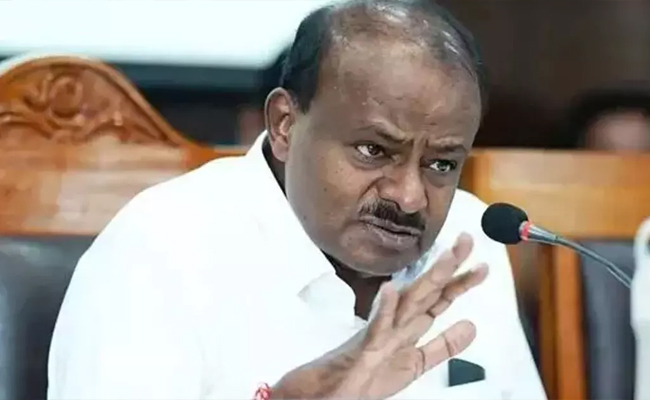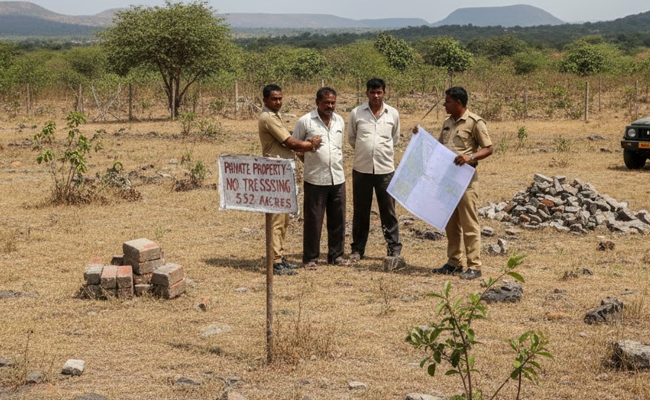Washington: Eminent Indian-American soil scientist Dr Rattan Lal, who won the prestigious World Food Prize 2020, has called for the immediate stopping of burning of crop residue in India, saying taking everything away from the land is not good as there is a law of return.
Lal, 75, was on Thursday named the recipient of the USD 250,000 World Food Prize, considered to be equivalent to a Nobel Prize for agriculture, in recognition of his contribution to increase the global food supply by helping small farmers improve their soil's health.
In his career spanning more than five decades and four continents, Lal has promoted innovative soil-saving techniques benefiting the livelihoods of more than 500 million small farmers, the World Food Prize Foundation, which is based in Iowa, said in a statement.
His work has also improved the food and nutritional security of more than two billion people and saved hundreds of millions of hectares of natural tropical ecosystems, it said.
The foundation said that Lal, a native of India and citizen of the US, will receive the 2020 World Food Prize for developing and mainstreaming a soil-centric approach to increasing food production that restores and conserves natural resources and mitigates climate change.
Lal, a Distinguished Professor in the College of Food, Agricultural, and Environmental Sciences (CFAES) at the Ohio State University, said that he would donate the USD 250,000 award money for future soil research and education.
Soil science has been recognised by this award. I feel very happy about it, he told PTI after the announcement. The eminent soil scientist called for the immediate stopping of burning of crop residue in states like Punjab, Uttar Pradesh and Haryana.
Taking everything away from land is not good for land. There is a law of return. Whatever you take from the earth, you must return it back, he said.
Stubble burning in Punjab and Haryana is a major cause of air pollution not only in the two states but also in Delhi, the national capital. The two states annually generate 220 lakh tonne and 65 lakh tonne of paddy stubble, respectively.
Lal said that organic matter content in the surface layer should be between two and three per cent. But soil in Punjab, Haryana, Rajasthan, Delhi, Central India and Southern parts contain maybe 0.5 per cent or maybe 0.2 per cent.
They are severely depleted, degraded. Consequently, not only that the productivity is low, yields are low, but also the use efficiency of inputs, like fertilizer irrigation varieties, is also low. When crops are grown on an unhealthy soil, the quality of the food, nutritional quality is also poor.
When health of soil is degraded, the health of people is also degraded. I think it's very important for India and other developing countries to really pay attention to restoring the health of the soil, he said. Brick-making, which is fast depleting soil, is another major concern for Lal.
India should have a soil protection policy, he said, adding that certain parts of agricultural land cannot be taken out for brick making. He also called for rewarding farmers who help in protecting the soil by not burning crops, more use of compost and manure.
Soil protection policy is important. We should have a regular soil health assessment report every five years at the national level. How is soil changing and we should protect agricultural land against other usage patterns like urbanisation, brick making, he said, adding that fertilizer is not a good substitute for crop management.
Stating that the crop yields in India are about half of that in China and even lesser than that of the United States, Lal noted that there appears to be no reason for that.
We should have a crop yield as good as any country. The health of our soil is poor. We have given a lot of emphasis on varieties. Varieties are important. (But) one cannot do anything if the soil is poor. That is a part which we must recognise.
I think Prime Minister (Narendra) Modi can do quite a lot on that part, improving soil health and (launch a) soil health movement, he said.
Lal said the award is especially important because the first recipient of this prestigious award in 1987 was Indian agricultural scientist Dr M S Swaminathan, the father of India's Green Revolution.
In a country like India, he said, soil is prone to degradation because of harsh climate and other factors.
So, this award to a soil scientist highlights the importance of restoring and managing soil health. We need to give more attention to Dharti Mata (mother earth). Our shastras and puranas also indicated that we must pay respect to Dharti Mata. So, this award means a lot to me, Dr Lal said.
Dr Lal's stellar work on management and conservation of agriculture's most cherished natural resource, the soil, set him apart, said Gebisa Ejeta, chair of the World Food Prize Selection Committee and 2009 recipient of the award.
US Secretary of State Mike Pompeo lauded Lal's research in soil science, saying he is helping millions of small farmers around the world with his work on increasing food production and recycling of nutrients.
The world's population continues to grow and we need to use the resources we have more productively, and efficiently to make sure everyone has enough food on their table, Pompeo said.
US Secretary of Agriculture Sonny Perdue said the scientific innovations, like those developed by Lal, embody the US Department of Agriculture's motto of to do right and feed everyone.
Let the Truth be known. If you read VB and like VB, please be a VB Supporter and Help us deliver the Truth to one and all.
Noida (PTI): A 46-year-old businessman was burnt to death after his moving car caught fire in Uttar Pradesh’s Gautam Buddha Nagar district, police said on Tuesday.
According to police, the victim was identified as Rajkumar Singhal, who was engaged in the paint business. The incident occurred late on Monday night near Sorkha village under the Sector 113 police station area.
Station House Officer Krishna Gopal Sharma said Singhal was driving towards Parthala Chowk when his vehicle suddenly caught fire for reasons yet to be ascertained.
Singhal was unable to get out of the car and died in the blaze, the SHO said.
Fire tenders reached the spot after receiving information, but the car had already been gutted, police said. The body has been sent for post-mortem examination and an investigation is underway.
Police suspect the presence of paint or other inflammable material in the car may have caused the fire to spread rapidly.





